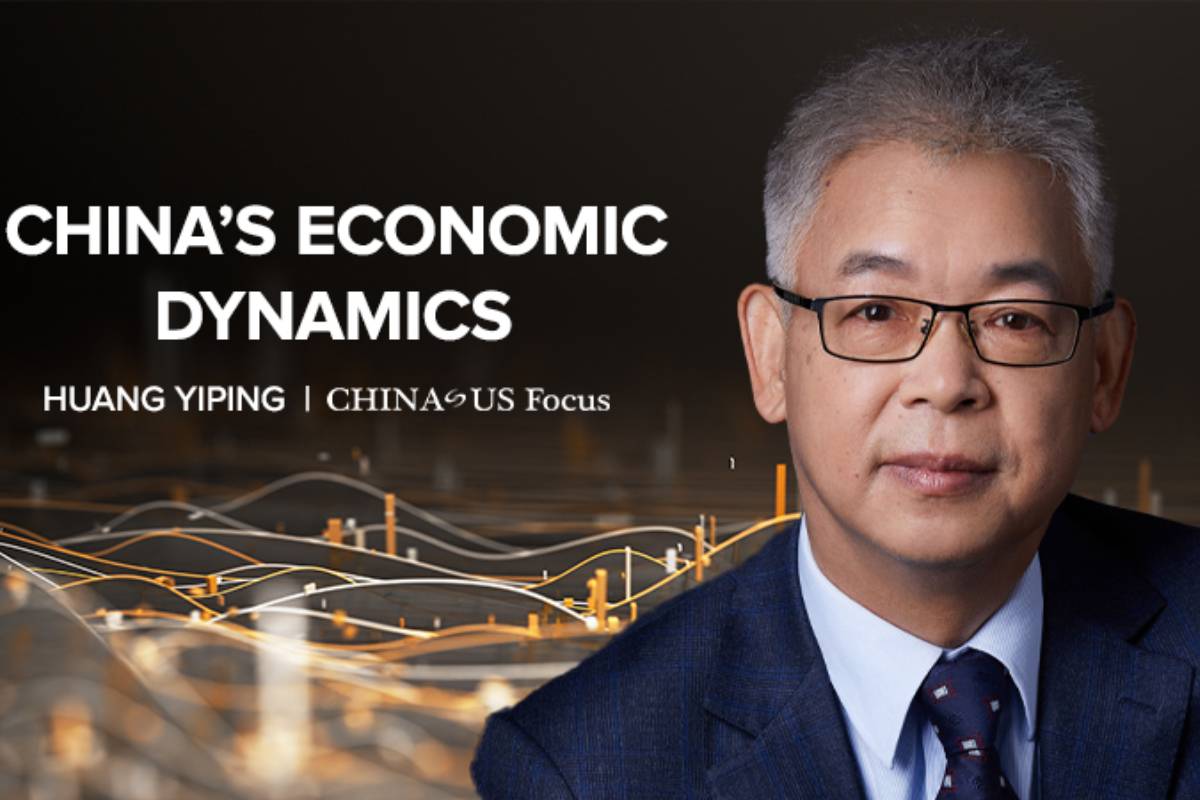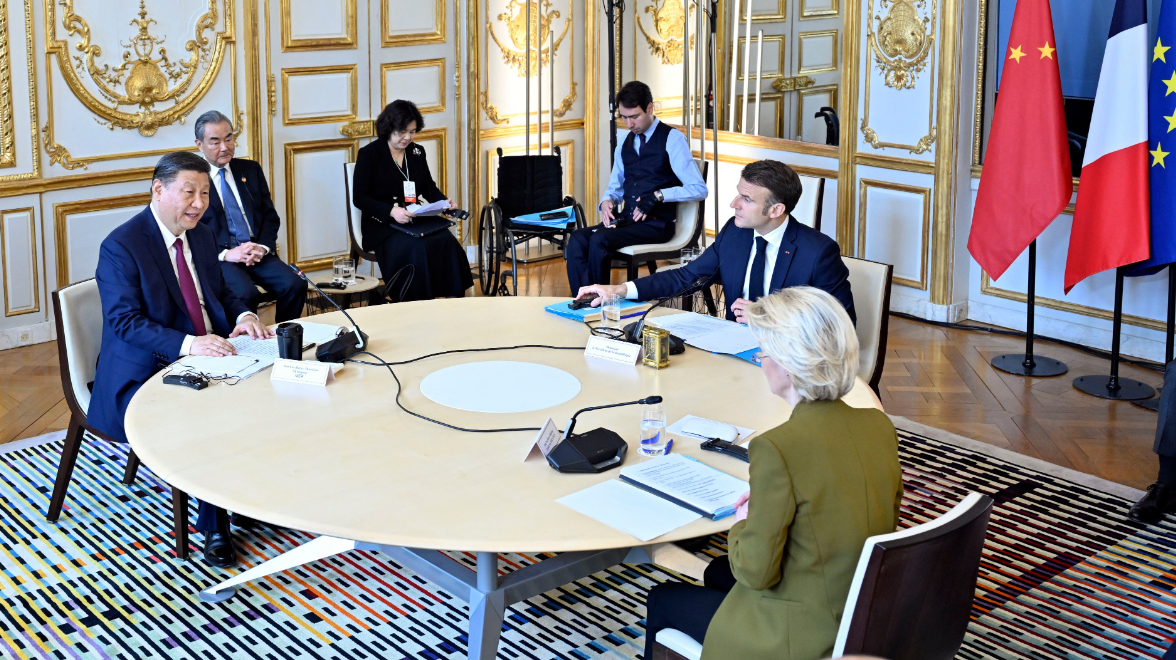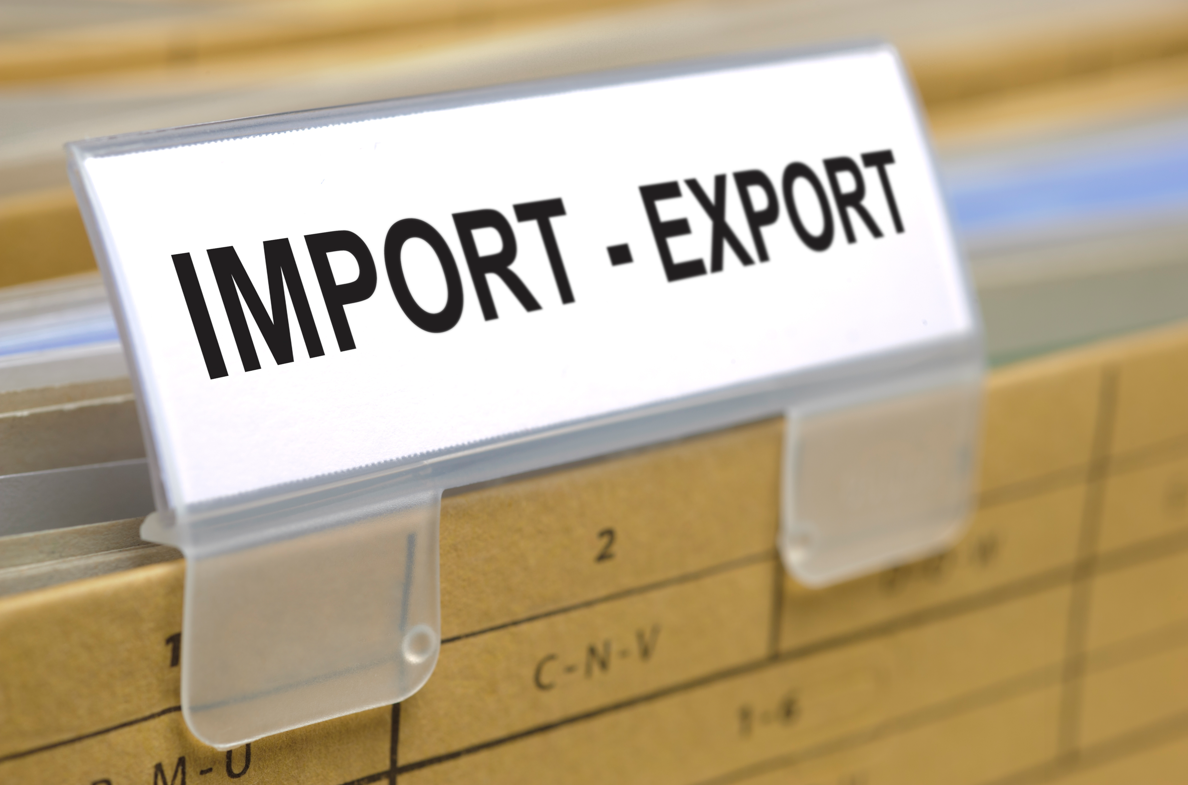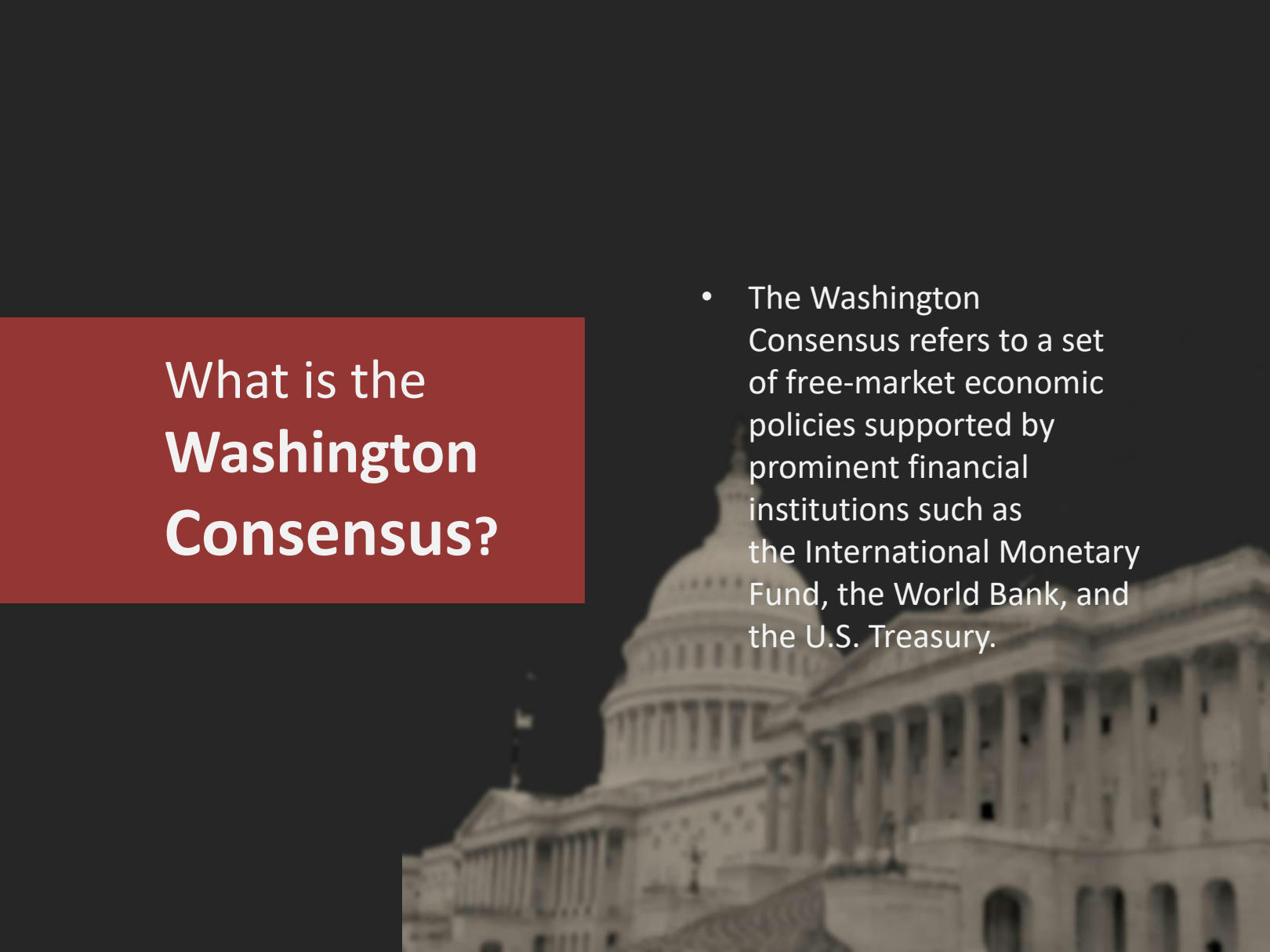
Yang Yao, Professor, China Center for Economic Research and the National School of Development at Peking University
Jul 04, 2024
After an eight-month investigation, the European Union has announced that it will impose tariffs as high as 38.1% on electric vehicles (EVs) from China to offset the unfair advantages created by Chinese government subsidies. In retaliation, China immediately launched an anti-dumping probe into pork imports from the EU. The two sides are now negotiating a solution to the trade dispute in Beijing.

Zhou Xiaoming, Former Deputy Permanent Representative of China’s Mission to the UN Office in Geneva
Jun 28, 2024
America’s fundamental strategy of creating trading blocs of approved partners will have disastrous global consequences. The Great Depression in the 1930s was brought on, in part, by U.S. protectionism. The world must now guard against a similar calamity.

Shang-Jin Wei, Professor, Finance and Economics at Columbia University
Jun 20, 2024
On June 12, the European Union announced new provisional levies on Chinese electric vehicles (EVs), with the tariff level to be based on estimates of how much state support an EV exporter receives. The new tariffs follow from a months-long investigation into China’s use of financial subsidies, and they will be imposed on top of the 10% tariff that the EU already has in place. They are “provisional” because they might be revised downward if Chinese producers can offer evidence that the support they receive is less than estimated. Separately, if the EU can reach an agreement with China to reduce the volume of Chinese EV exports to Europe, the new tariffs may not be implemented.

Huang Yiping, PKU Boya Distinguished Professor and Former Member of the Monetary Policy Committee, People’s Bank of China
Jun 14, 2024
In this interview, Professor Huang Yiping discusses with James Chau, president of the China-United States Exchange Foundation, the trajectory of China’s economy and the factors that influence it. He also discusses the end of China’s so-called economic miracle and explains why the country is now working to transition to a more normal economic growth model. Will China’s local government debt lead to a systemic financial crisis? Huang elaborates on “three perils.”

Ma Xue, Associate Fellow, Institute of American Studies, China Institutes of Contemporary International Relations
Jun 14, 2024
Washington’s new strategy may alter its trade dynamics with China, but China cannot be taken out of the picture. Most of America’s trading partners continue to be fed by Chinese supply chains, even as they boost their output of manufactured goods to the United States.

Wang Youming, Senior Research Fellow of BRICS Economic Think Tank, Tsinghua University
Jun 05, 2024
Having endured an abundance of U.S.-led suppression, Russia will undoubtedly move to take advantage of its BRICS presidency to promote four key goals. It is determined to join hands with other BRICS nations to bring about a just, reasonable, multipolar world and break the dominance of the West.

Andrew Sheng, Distinguished Fellow at the Asia Global Institute at the University of Hong Kong
Xiao Geng, Director of Institute of Policy and Practice at Shenzhen Finance Institute, Chinese University of Hong Kong
May 30, 2024
Now that the United States has introduced a new set of import tariffs on Chinese goods, the world’s two largest economies appear to be on the brink of open economic warfare – and developing countries are in danger of getting caught in the crossfire. Beyond the risk that they could face sanctions or other trade restrictions if one superpower perceives them to be helping the other, Sino-American trade tensions are eroding the value of many of these economies’ comparative advantages, such as cheap labor and land. Coping with these challenges will require skillful economic statecraft.

Brian Wong, Assistant Professor in Philosophy and Fellow at Centre on Contemporary China and the World, HKU and Rhodes Scholar
May 30, 2024
For a robust Sino-European partnership, Beijing must recognize European interests, particularly the EU's strategic autonomy and security concerns, and address economic competition while fostering collaborative ventures to repair and enhance bilateral relations.

Stephen Roach, Senior Fellow, Yale University
May 30, 2024
The United States does not have a coherent trade policy. It has a political strategy masquerading as trade policy that has taken dead aim at China. Unsurprisingly, China has responded in kind. With the two superpowers drawing on their allies for support – the US leaning on the G7 and China turning to the Global South – economic decoupling is the least of our problems.

Christopher A. McNally, Professor of Political Economy, Chaminade University
May 30, 2024
The Biden administration’s new tariffs on Chinese goods are primarily symbolic and political, with negligible economic impact, but they aim to protect and foster the U.S. clean energy supply chain, particularly in the EV sector. However, the tariffs are politically motivated and could undermine industrial policy goals by focusing on geopolitical competition rather than applying uniformly to all countries.